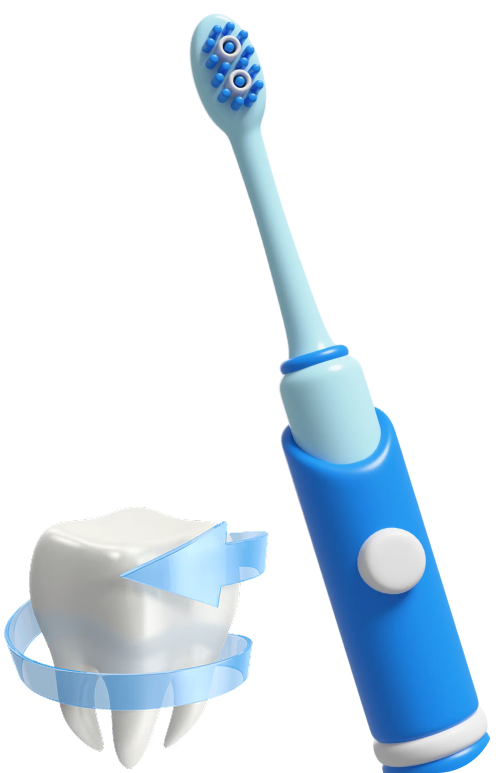It has become the norm to hear people speaking about their new year’s resolutions and posting them all over social media. Most of these resolutions are about working out and dieting for a great body and improved good health, but most of us, if not all, forget to resolve to improve our oral health and smile. The teeth are part of the body and play a vital role in our daily lives, actually more than we do. As you make your new year’s resolutions, consider giving your teeth and smile more credit as part of working towards a healthier you. Here are some of the resolutions you can make to work towards a healthier smile.
Honoring appointments
We are all good at reciting what the elementary school teacher said about visiting the dentist at least twice every year, but we are terrible at walking the talk. Do you honor your dentist appointments? If you do, kudos to you and consider increasing the visits by one. If you do not, then it’s time you revise some of your priorities as we approach the New Year. Resolve to schedule and honor dentist appointments this coming year, and you will be a benefactor of a healthier smile.
Make water your number one beverage
Hydration is not only healthy for the body but the teeth as well. Part of working towards and maintaining a healthier smile is by keeping the pH in your mouth high. This should be 7.0 and above as acidity messes the enamel and also weakens teeth. One of your year’s resolutions should be taken as more water every day and less acidic beverages.
Go for natural foods rather than processed foods
What is healthy for your body is also beneficial for your smile regarding nutrition and organic foods. Processed foods have high sugar and starch levels and processed vitamins compared to natural foods, and as they break down, they collect in the mouth and accelerate dental issues such as cavities and decay. Choose to eat healthier as part of your new year’s resolution for a healthier smile and a healthier you.


















